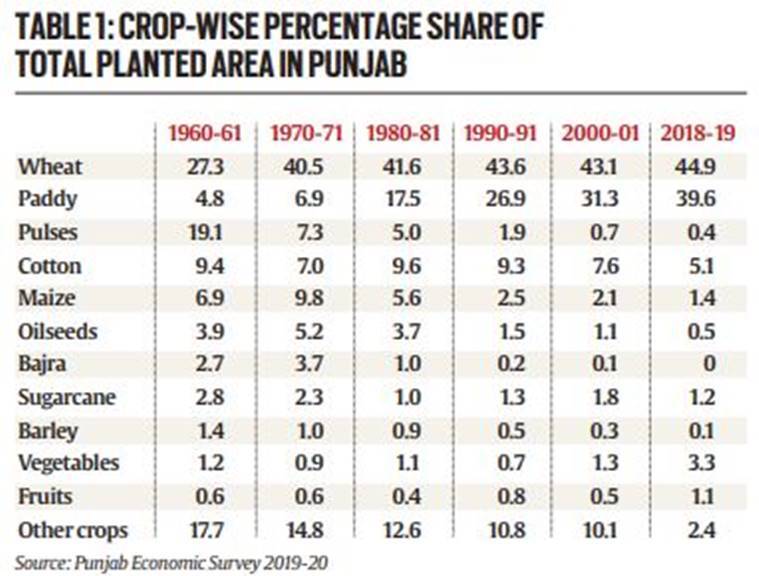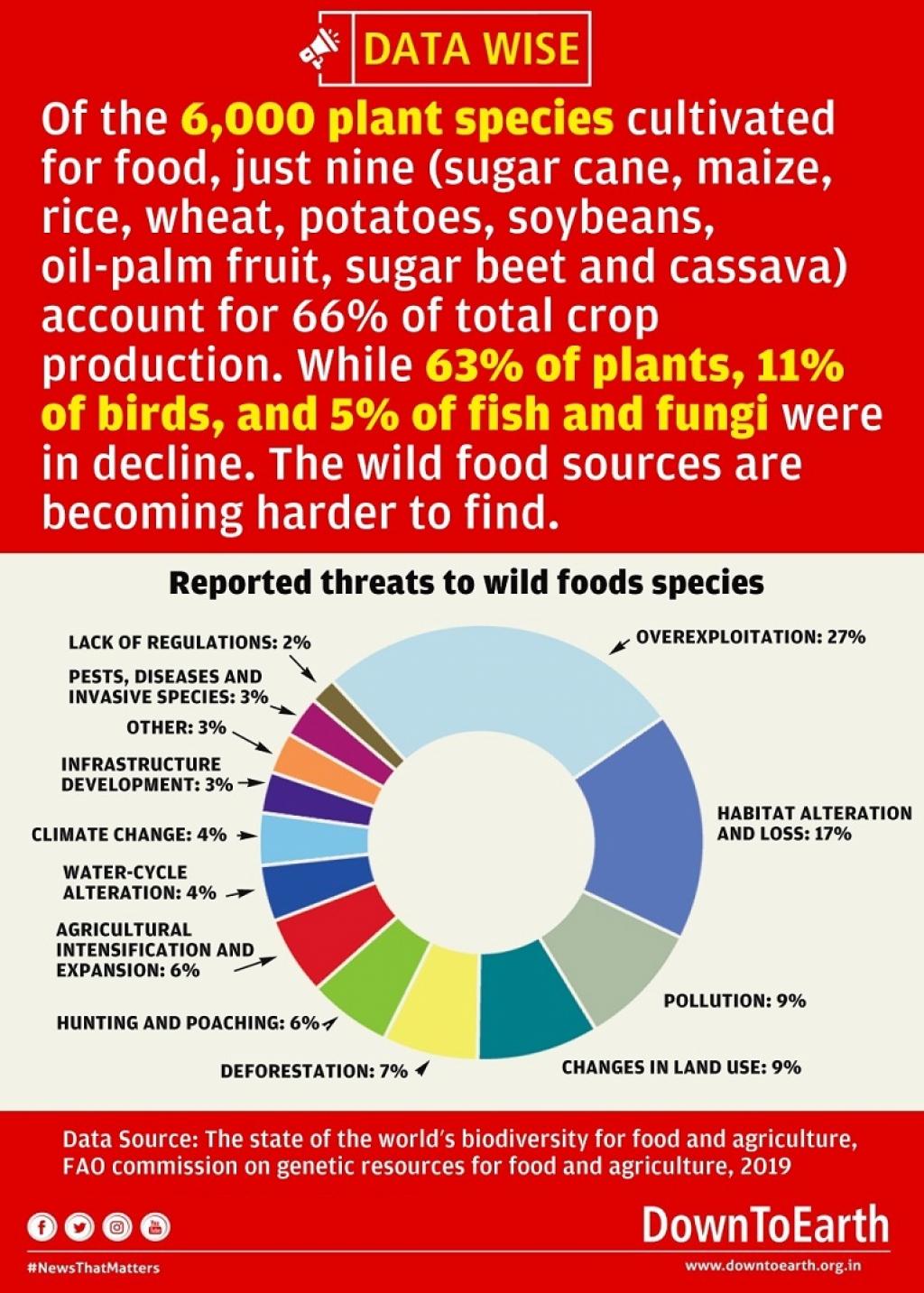7667766266
enquiry@shankarias.in
What is the issue?
Questions are being raised on the sustainability of paddy-wheat cultivation, especially in Punjab.
What is the extent of paddy-wheat monoculture in Punjab?
Monoculture refers to the practice of cultivation of a single crop at a given area

What are the problems of monoculture?

What measures have been taken so far?
How can the issues of monoculture be addressed?
Source: The Indian Express, Businessline